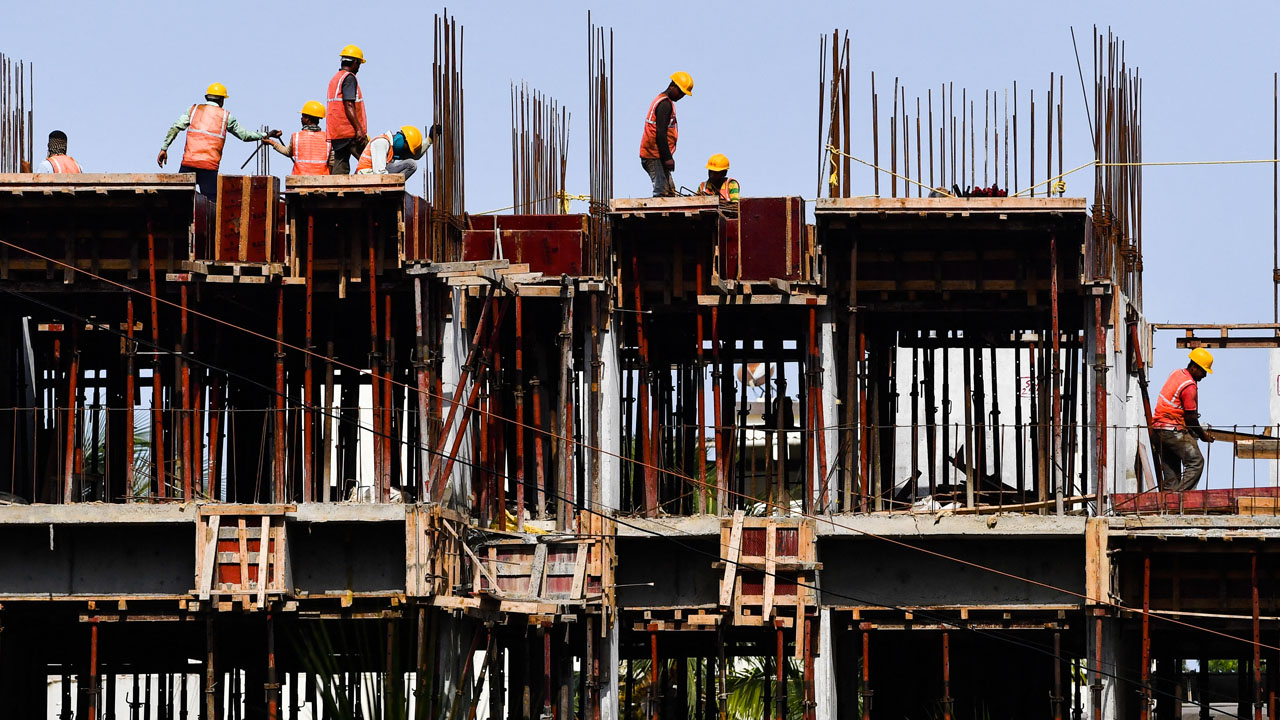In a bid to tackle the inadequacies thrown up by new trends in the profession, the National Chairman of the Nigerian Institution of Builders in Facilities Management (NIBIFM), Dr. Olufemi Akinsola, has challenged practitioners to embrace best practices.
He gave the charge at the second yearly General Meeting /Conference of the Institution entitled: ‘Health Cares and Tertiary Institutional Facilities Management’ in Jos. He said worldwide Facility Management is at the front burner, explaining that exploring in detail the dynamics of health and tertiary institutional facilities maintenance management is not unconnected with the rising profile of complex structures and smart buildings that require updated and multidisciplinary skills, which could not be found in the precincts of one particular profession.
Akinsola said: “A high-rise building will not only require a builder to effectively carry out the operational maintenance. It will also require engineers for lift and energy consumption, a swimming pool, a ventilation and air conditioning system, an estate surveyor, and valuers for property management and valuation.
“It was this complexity that gave birth to facilities management practice, where the core practice of each profession is aggregated so that a facility management practitioner will have a grasp of each of the contributed core practices.”
A professor of building at the Faculty of Environmental Sciences, University of Lagos, Olumide Adenuga, who spoke on the theme of the conference, explained that the poor state of building services is a critical issue to be tackled by hospital management with utmost urgency as they are the determinant of users’ perception and the life of the buildings, more so in an environment that handles the dynamics of life and death.
Adenuga said the government should provide the necessary resources to ensure the functionality of the services to improve users’ satisfaction, while facility maintenance staff should be well motivated to deliver their best during the maintenance work execution.
He gave the charge at the second yearly General Meeting /Conference of the Institution entitled: ‘Health Cares and Tertiary Institutional Facilities Management’ in Jos. He said worldwide Facility Management is at the front burner, explaining that exploring in detail the dynamics of health and tertiary institutional facilities maintenance management is not unconnected with the rising profile of complex structures and smart buildings that require updated and multidisciplinary skills, which could not be found in the precincts of one particular profession.
Akinsola said: “A high-rise building will not only require a builder to effectively carry out the operational maintenance. It will also require engineers for lift and energy consumption, a swimming pool, a ventilation and air conditioning system, an estate surveyor, and valuers for property management and valuation.
“It was this complexity that gave birth to facilities management practice, where the core practice of each profession is aggregated so that a facility management practitioner will have a grasp of each of the contributed core practices.”
A professor of building at the Faculty of Environmental Sciences, University of Lagos, Olumide Adenuga, who spoke on the theme of the conference, explained that the poor state of building services is a critical issue to be tackled by hospital management with utmost urgency as they are the determinant of users’ perception and the life of the buildings, more so in an environment that handles the dynamics of life and death.
Adenuga said the government should provide the necessary resources to ensure the functionality of the services to improve users’ satisfaction, while facility maintenance staff should be well motivated to deliver their best during the maintenance work execution.
“Management should ensure that the head of the maintenance department possesses the required skills for the maintenance management of the hospital facilities. Progress report of work done is to be submitted to the management through the head of the maintenance department.
“This will provide an appropriate basis for preparing budgets that meet the actual maintenance needs of the hospital buildings and services included. Facility Maintenance Managers should do their best to prepare realistic need-based budgets, while the government should make efforts to increase the funding for hospital maintenance,” he said.
He also said the government should encourage individuals or other stakeholders to contribute towards healthcare delivery services since government subvention alone can no longer be sufficient to meet the needs, particularly due to the high demand for contemporary developments in healthcare technology.
According to him, inefficiencies and inflexibility through the imposition of bureaucratic impediments to operational effectiveness should be avoided in hospital environments due to the sensitivity of the services being rendered.
Adenuga added: “Facility maintenance staff and users of hospital buildings should be given opportunities for further training on their jobs and also on effective use of hospital facilities. This is necessary to reduce the occurrence of defects, which will consequently bring about better physical and functional hospital building elements and services.”
“Current building code under review should stimulate both the public and private individuals’ initiative in facility maintenance management. Facility maintenance planning based on a more realistic assessment of needs and prioritized on a rolling basis should be developed.”
READ ALSO: PM to build 1 million new homes over this Parliament
Source: https://guardian.ng/




